
Genk: A Hidden Gem in Belgium
Genk, nestled in the province of Limburg, Belgium, is a city that seamlessly blends its industrial past with natural beauty and a vibrant cultural scene. Known for its coal mining heritage, Genk has transformed into a modern city with plenty to offer tourists. The city's rich history can be explored in places like the C-mine, where visitors can delve into the life of miners and appreciate contemporary art installations. Nature lovers will be enthralled by the Hoge Kempen National Park, Belgium's only national park, which offers hiking, cycling, and breathtaking landscapes. The Japanese Garden, the largest of its kind in Europe, is another serene spot, perfect for a peaceful stroll or a moment of reflection. Genk also boasts a lively culinary scene, with a mix of traditional Belgian cuisine and international flavors. From cozy cafes to fine dining restaurants, there's something to satisfy every palate. The city's multicultural fabric is evident in its festivals and events, which celebrate diversity and bring the community together. Whether you're a history buff, a nature enthusiast, or a foodie, Genk has something special waiting for you.
Local tips in Genk
- Visit the C-mine for a unique blend of history and contemporary art.
- Explore Hoge Kempen National Park for excellent hiking and cycling trails.
- Take a calming stroll through the Japanese Garden, especially during cherry blossom season.
- Check out local events and festivals to experience Genk's multicultural vibe.
- Don't miss tasting local Belgian dishes at the city's diverse range of restaurants.
Genk: A Hidden Gem in Belgium
Genk, nestled in the province of Limburg, Belgium, is a city that seamlessly blends its industrial past with natural beauty and a vibrant cultural scene. Known for its coal mining heritage, Genk has transformed into a modern city with plenty to offer tourists. The city's rich history can be explored in places like the C-mine, where visitors can delve into the life of miners and appreciate contemporary art installations. Nature lovers will be enthralled by the Hoge Kempen National Park, Belgium's only national park, which offers hiking, cycling, and breathtaking landscapes. The Japanese Garden, the largest of its kind in Europe, is another serene spot, perfect for a peaceful stroll or a moment of reflection. Genk also boasts a lively culinary scene, with a mix of traditional Belgian cuisine and international flavors. From cozy cafes to fine dining restaurants, there's something to satisfy every palate. The city's multicultural fabric is evident in its festivals and events, which celebrate diversity and bring the community together. Whether you're a history buff, a nature enthusiast, or a foodie, Genk has something special waiting for you.
When is the best time to go to Genk?
Iconic landmarks you can’t miss
Bokrijk Open Air Museum
Explore the rich heritage of Belgium at Bokrijk Open Air Museum, where history, nature, and culture blend beautifully in an immersive experience.
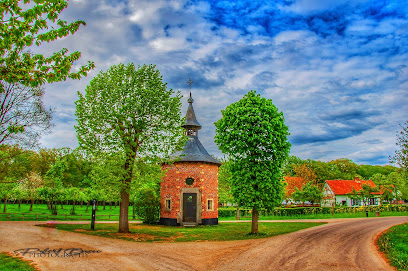
National Park Hoge Kempen
Discover the natural wonders of National Park Hoge Kempen, Belgium's first national park, where adventure and tranquility meet in stunning landscapes.
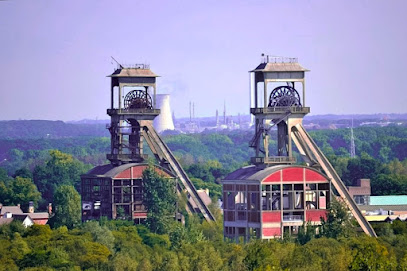
C-mine bezoekersonthaal
Discover the unique blend of art, history, and innovation at C-mine, Genk's vibrant heritage museum and cultural center.
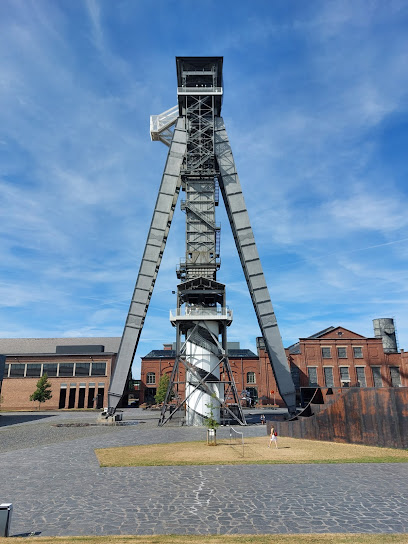
Cycling through water - Bokrijk
Explore the enchanting cycling paths of Bokrijk, where nature meets adventure in a breathtaking water landscape.
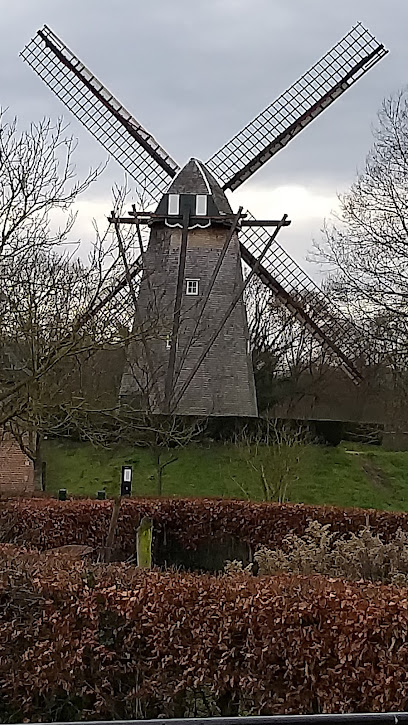
Arboretum Bokrijk
Explore the serene beauty of Arboretum Bokrijk, a botanical garden in Genk, Belgium, featuring diverse plant collections and picturesque landscapes.
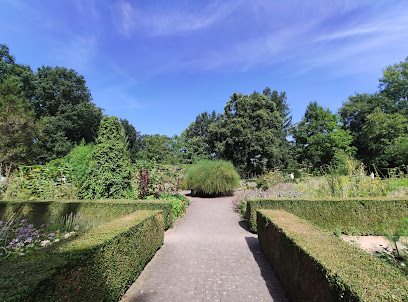
LABIOMISTA
Explore LABIOMISTA, a unique modern art museum in Genk, Belgium, blending nature and contemporary art for an unforgettable experience.
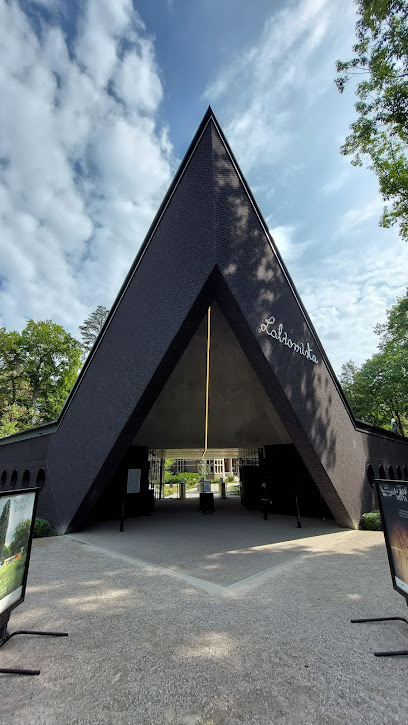
Kattevennen Genk: Toegangspoort Hoge Kempen
Discover the breathtaking beauty of Kattevennen Genk, the gateway to Hoge Kempen National Park, perfect for outdoor adventures and nature exploration.
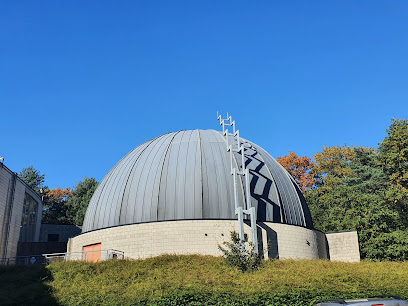
Escape Room - Time's Up Genk
Experience the thrill of adventure at Time's Up Genk, where teamwork and problem-solving lead to unforgettable moments in exciting escape rooms.
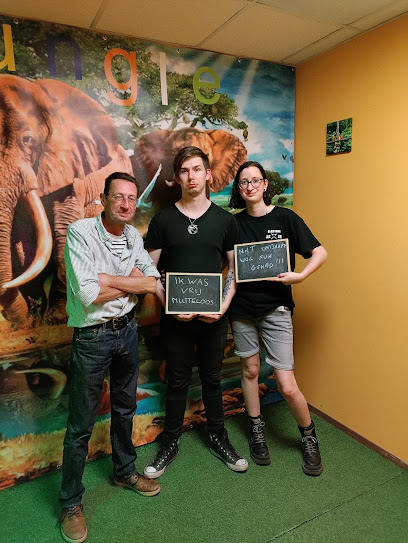
Bunker specialty koffiebar -natuurwijnen & geuze
Discover Bunker Specialty Koffiebar in Genk, where quality coffee meets exceptional natural wines and geuze in a cozy atmosphere.
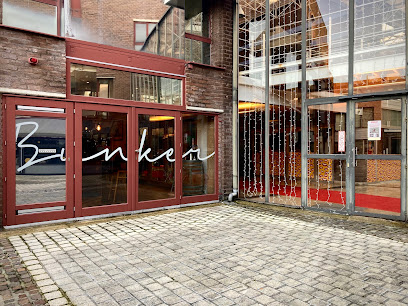
Molenvijverpark
Experience the tranquility of Molenvijverpark in Genk, a beautiful park perfect for relaxation, family outings, and enjoying nature in Belgium.
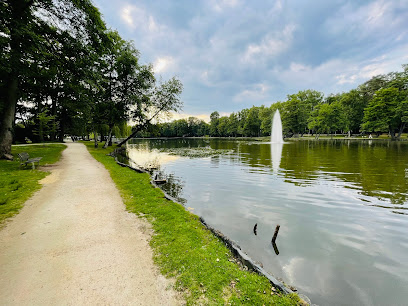
Natuurgebied Schemmersberg
Discover the tranquility of Natuurgebied Schemmersberg, a nature preserve in Genk where lush landscapes and diverse wildlife await your exploration.
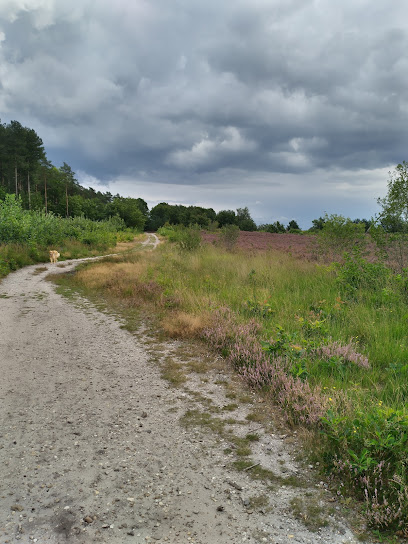
Sint-Martinuskerk
Explore the stunning Sint-Martinuskerk, a historic Catholic church in Genk, Belgium, known for its beautiful architecture and cultural significance.
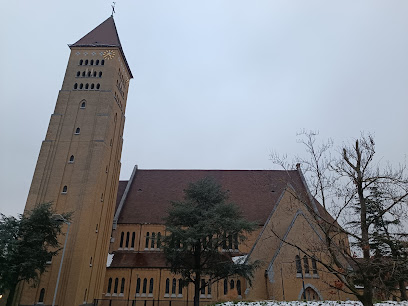
Oude Stad
Explore the rich history and vibrant culture of Oude Stad in Genk, Belgium, where past and present beautifully intertwine.
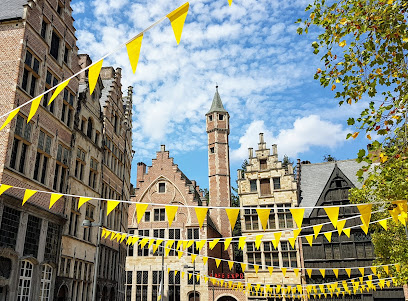
Mijndepot
Explore the rich industrial heritage of Genk at Mijndepot, a unique museum experience that engages and educates visitors of all ages.
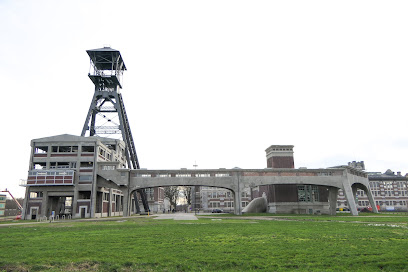
BIF GENK - Genk Millî Görüş
Discover the serene beauty and cultural significance of BIF GENK, a stunning mosque in Genk, Belgium, where tradition meets community.
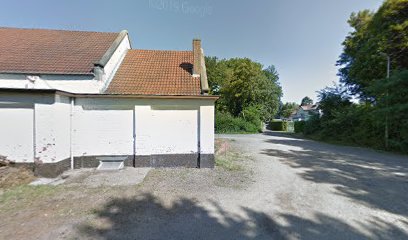
Unmissable attractions to see
Aachen Cathedral
Discover the stunning Aachen Cathedral, a UNESCO World Heritage Site, blending history, art, and spirituality in a breathtaking architectural gem.
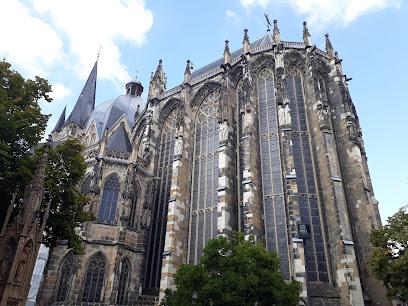
Book Store Dominicanen
Discover the charm of The Book Store Dominicanen in Maastricht, a unique blend of literature, music, and gifts within a stunning historic church.
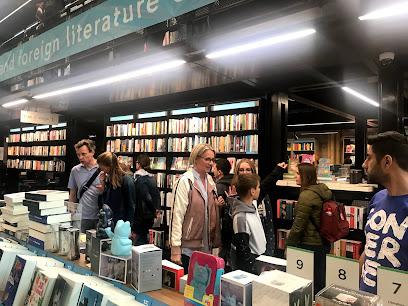
Labyrinth Three Countries Point
Explore the Labyrinth Three Countries Point where the Netherlands, Belgium, and Germany meet; a unique blend of adventure, culture, and local cuisine awaits.
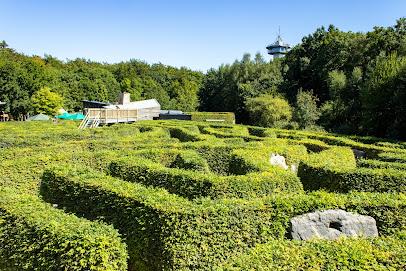
Parc Boverie
Explore the tranquil beauty of Parc Boverie in Liège, a serene park blending nature, art, and history for an unforgettable experience.
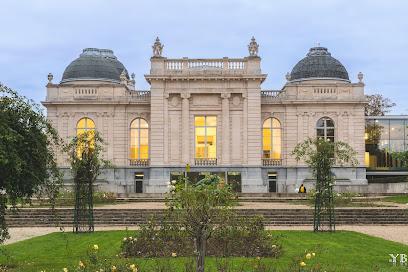
Carolus Thermen
Experience Aachen's ancient bathing tradition in a modern thermal spa, offering relaxation, rejuvenation, and a taste of history.
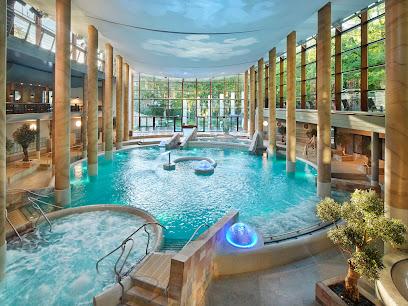
Elisenbrunnen
Discover the historical beauty of Elisenbrunnen, Aachen's iconic fountain and a vital part of its rich cultural heritage.
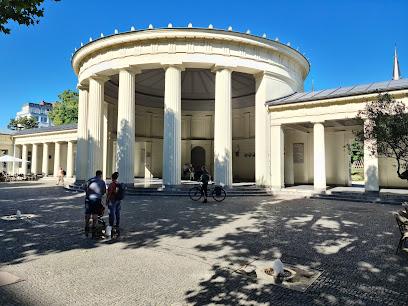
Gemeentegrot
Unearth the wonders of Gemeentegrot in Valkenburg, a captivating underground attraction that combines history, art, and nature in breathtaking limestone caves.
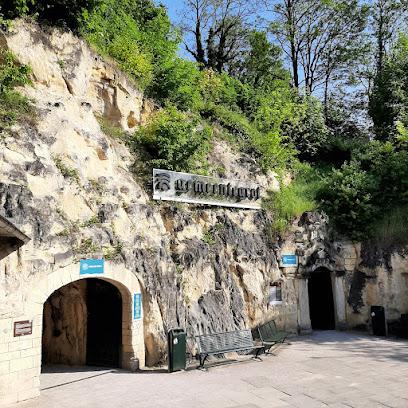
Thermae 2000
Discover ultimate relaxation at Thermae 2000, a premier wellness center in Valkenburg, featuring thermal baths, saunas, and exceptional spa services.
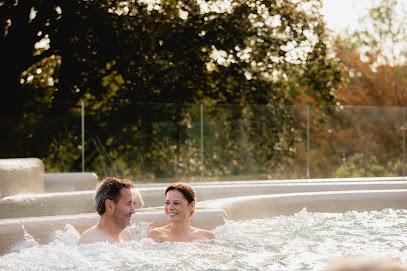
Plopsa Indoor Hasselt
Experience endless fun at Plopsa Indoor Hasselt, Belgium's premier indoor theme park for families and thrill-seekers, featuring exciting rides and shows.
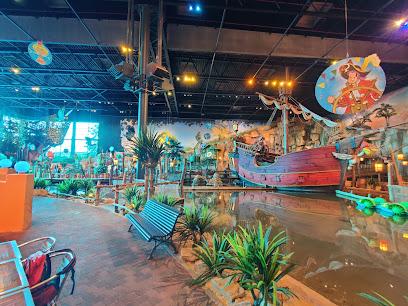
Japanese Garden
Experience Japanese serenity in the heart of Belgium at Europe's largest Japanese garden, a symbol of friendship and cultural exchange.
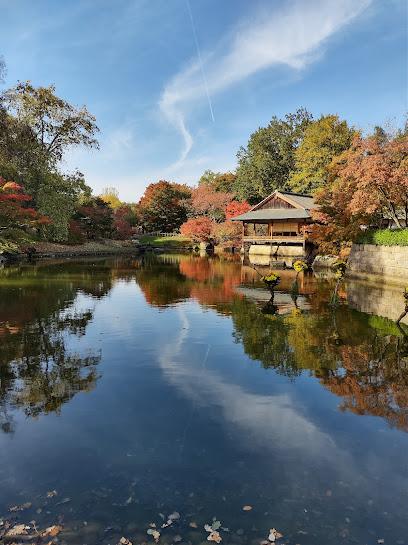
Fort Eben-Emael
Explore Fort Eben-Emael: a colossal WWII fortress with underground tunnels, artillery bunkers, and a museum showcasing its dramatic history.
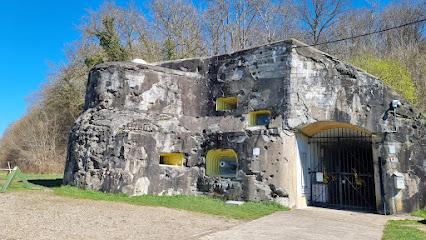
National Park Hoge Kempen
Immerse yourself in the natural wonders of National Park Hoge Kempen, a stunning escape in Belgium featuring diverse ecosystems and enchanting landscapes.
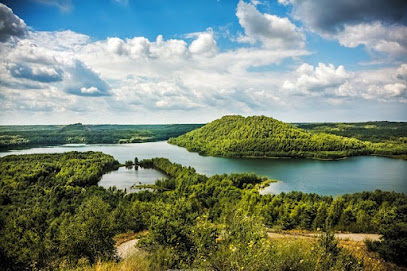
Aquarium-Museum of Liège
Explore the fascinating Aquarium-Museum of Liège, where aquatic life meets zoological wonders in an educational and family-friendly environment.
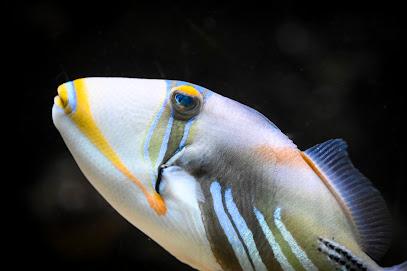
Basilica of Our Lady
Discover the breathtaking Basilica of Our Lady in Maastricht, a stunning Romanesque masterpiece at the heart of the city's spiritual and historical heritage.
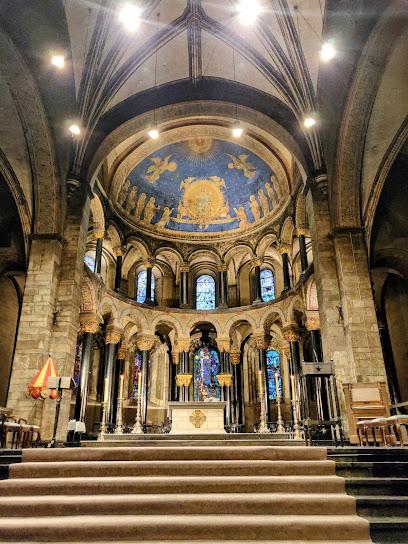
New Tivoli
Discover the excitement of New Tivoli in Aachen, where sports and culture collide in a vibrant stadium experience.
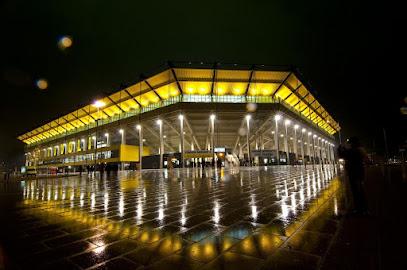
Essential places to dine
't Stadscafé
Discover 't Stadscafé in Genk: A delightful brasserie serving Belgian classics and international favorites in a cozy setting.
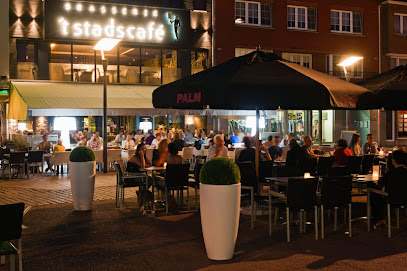
Brasserie 360
Discover Brasserie 360 in Genk - where modern cuisine meets warm hospitality for an unforgettable dining experience.
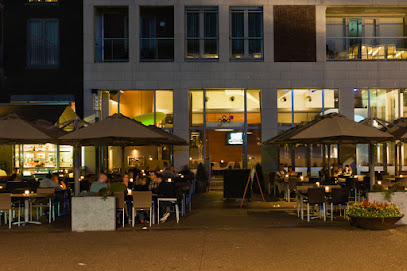
Wereldkeuken Genk
Discover a world of flavors at Wereldkeuken Genk – from sushi to teppanyaki in a family-friendly buffet setting.
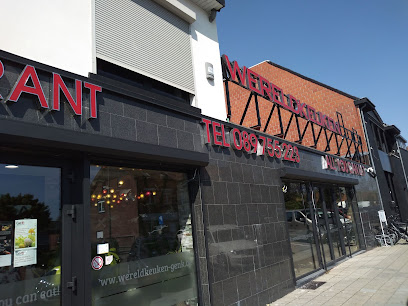
Lunch Garden
Experience delightful dining at Lunch Garden in Genk - affordable meals with local flavors in a cozy atmosphere.
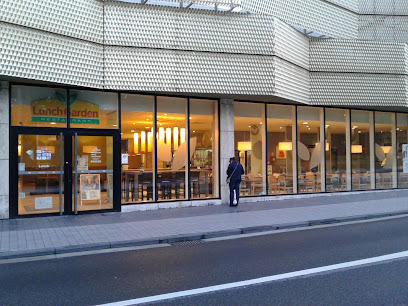
Giuliano
Savor authentic Italian cuisine in Genk at Giuliano – where every dish tells a story.
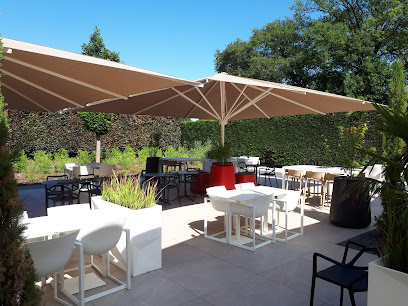
La Botte
Experience authentic Italian cuisine at La Botte in Genk—where every dish tells a story of tradition and flavor.
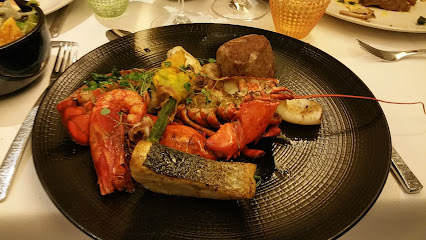
De Molen Grill
Experience exquisite flavors at De Molen Grill in Genk – where culinary tradition meets modern dining.
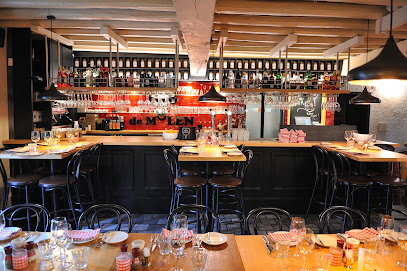
De Griekse Frituur - O Geros
Experience authentic Greek flavors at De Griekse Frituur - O Geros in Genk, where gyros and frituur unite for an unforgettable dining experience.
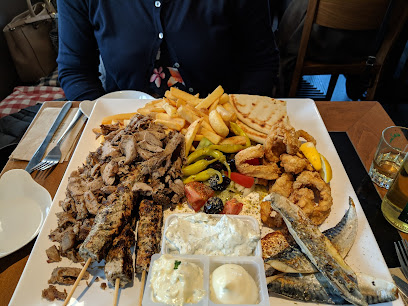
Hut Moment
Experience exquisite dining at Hut Moment in Genk – where culinary innovation meets traditional flavors for an unforgettable meal.
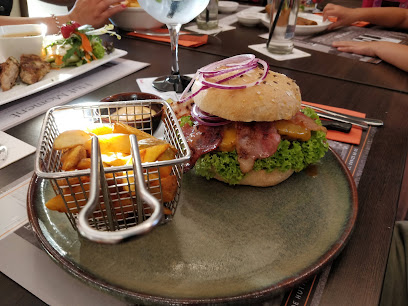
La Dolce Vita
Experience authentic Italian flavors at La Dolce Vita in Genk - where every meal is a celebration of culinary tradition.
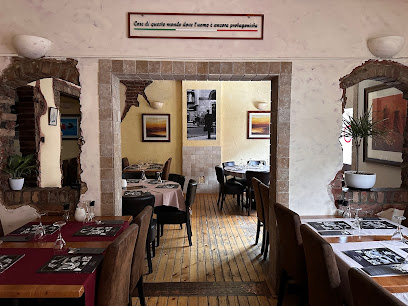
Pastabar G & G
Experience authentic Italian cuisine at Pastabar G & G in Genk – where every dish tells a story of flavor and tradition.
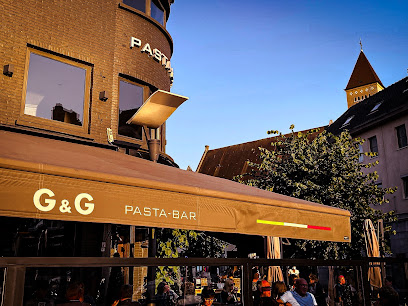
Ristorante - Pizzeria Dante
Experience authentic Italian flavors at Ristorante - Pizzeria Dante, where every dish is crafted with passion and tradition.
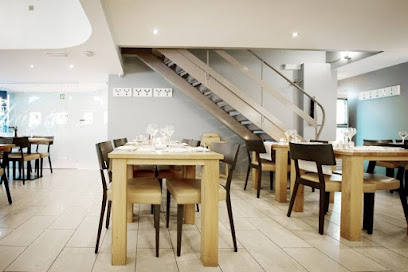
De Carré
Discover De Carré in Genk: A delightful brasserie offering a diverse menu from breakfast to dessert with local flavors.
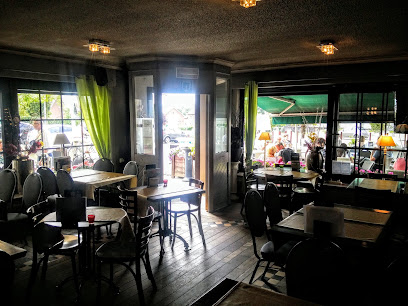
Shakerato
Discover Shakerato in Genk: A charming brasserie offering diverse cuisine and an inviting atmosphere for every traveler.
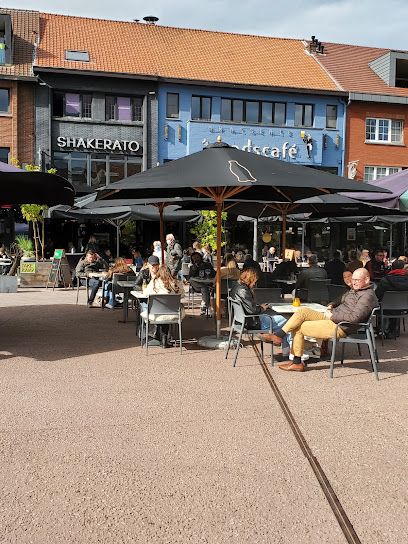
Trobbiani's Place Genk
Discover Trobbiani's Place Genk - where authentic Belgian flavors meet a cozy dining experience in the heart of Belgium.
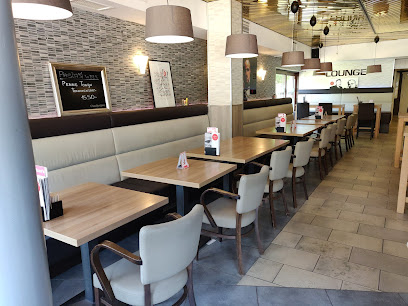
Markets, malls and hidden boutiques
Shopping 1
Explore Shopping 1 in Genk: A premier shopping mall with diverse stores, delicious dining, and family-friendly entertainment options.
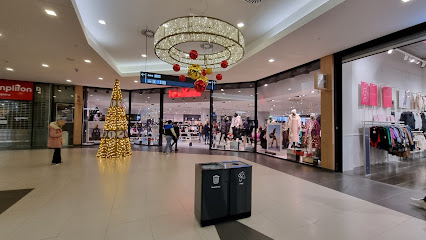
Albert Heijn Genk shopping 1
Experience the flavors of Belgium at Albert Heijn Genk, your go-to supermarket for fresh produce, local delicacies, and international products.
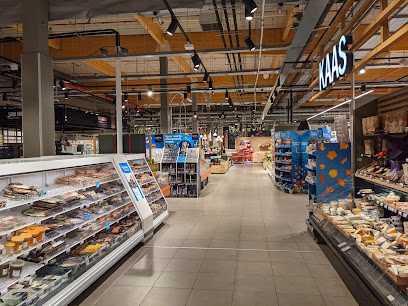
Action Genk
Explore Action Genk, a delightful gift shop offering a diverse range of products from home goods to DIY supplies, perfect for every visitor.
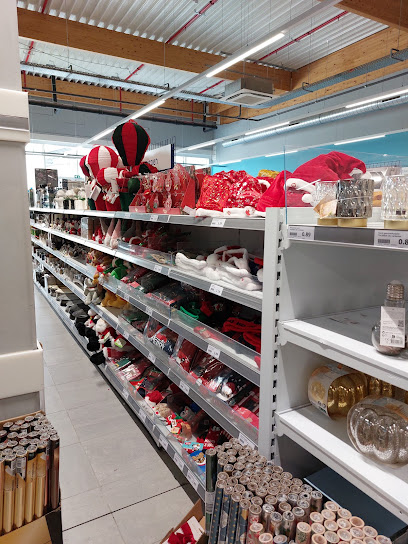
NEW YORKER
Explore NEW YORKER in Genk for stylish and affordable clothing for all ages, from trendy outfits to fashionable accessories.
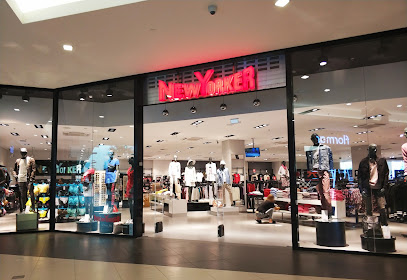
H&M
Explore the latest trends at H&M in Genk, a one-stop destination for stylish clothing and accessories for the whole family.
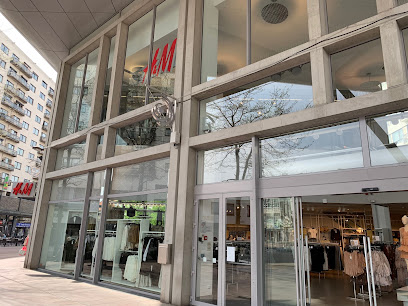
Shopping 3
Discover Shopping 3 in Genk: A vibrant shopping mall offering diverse retail, dining, and entertainment options for every visitor.
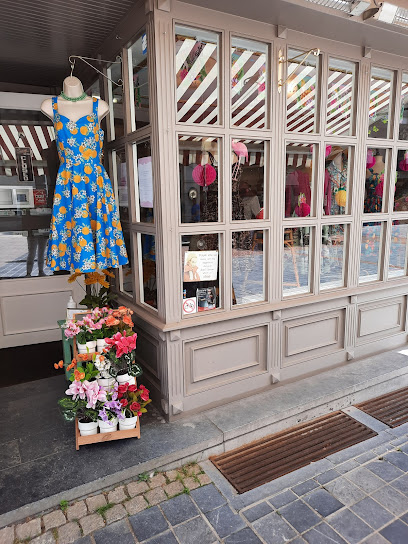
Veritas
Explore Veritas in Genk for a mix of fashion, beads, and crafting supplies for all ages.
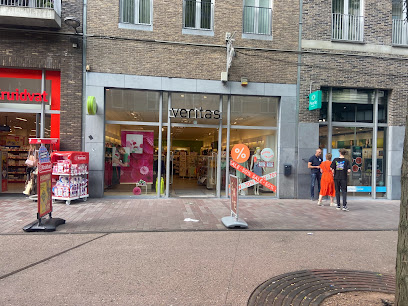
Hema
Explore Hema in Genk for a unique shopping experience, featuring a variety of gifts, clothing, and essentials for all ages.
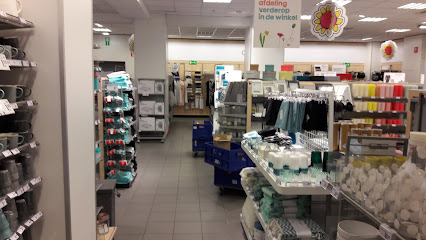
CASA Genk
Explore CASA Genk, the ultimate destination for unique gifts, stylish home decor, and quality kitchen supplies in the heart of Belgium.
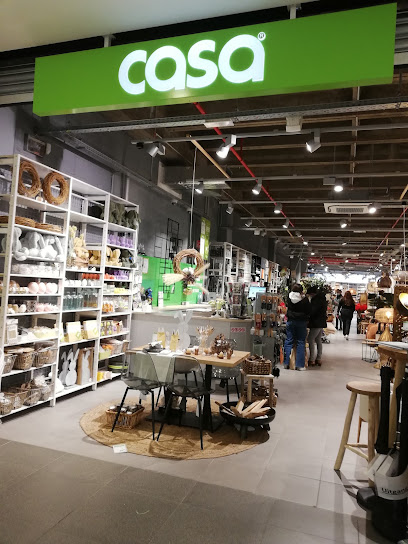
4GEEKS Genk
Explore 4GEEKS Genk: Your destination for unique gifts, local crafts, and unforgettable souvenirs in the heart of Belgium.
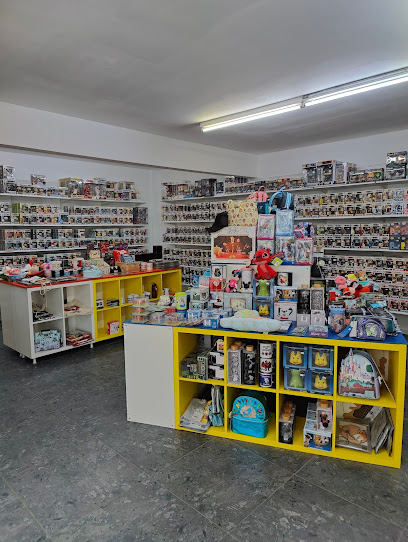
Shopping 2
Discover a shopping haven in Genk, Belgium, with diverse stores, dining options, and a vibrant atmosphere at Shopping 2.
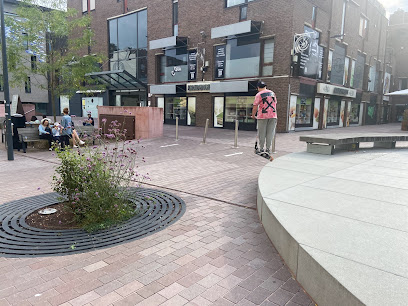
stip
Discover the magic of toys, balloons, and board games at Stip in Genk, a paradise for playful spirits and families alike.
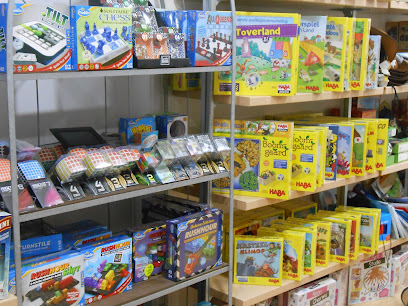
Parfumerie April Genk
Discover exquisite fragrances and beauty products at Parfumerie April Genk, the perfect spot for beauty lovers and gift seekers in Belgium.
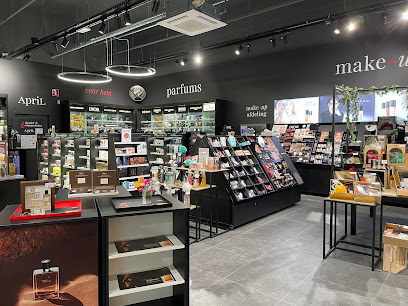
BoekenVoordeel Genk
Explore BoekenVoordeel Genk for an unparalleled selection of books, toys, and unique gifts in a warm and welcoming atmosphere.
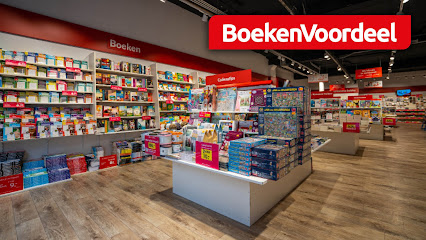
MediumCollege - Shop
Explore the enchanting MediumCollege - Shop in Genk for an unforgettable journey into the world of metaphysical supplies and spiritual discovery.
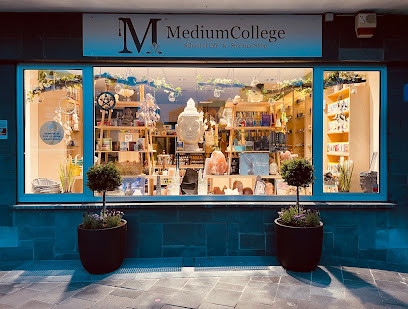
Essential bars & hidden hideouts
't Stadscafé
Discover the vibrant atmosphere and rich flavors at 't Stadscafé, Genk's favorite bar and bistro, where local cuisine meets modern dining.
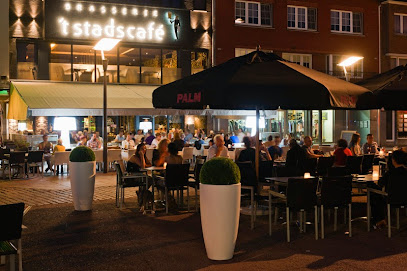
WonderBar
WonderBar in Genk: Where Exceptional Cocktails and a Lively Atmosphere Unite for an Unforgettable Night Out.
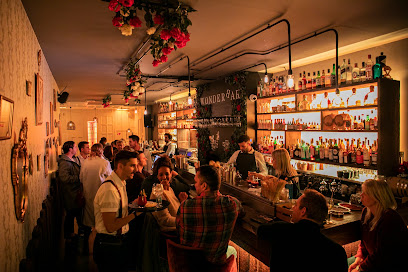
Shakerato
Experience the vibrant flavors of Shakerato in Genk, where delightful dining meets a cozy café atmosphere, perfect for every occasion.
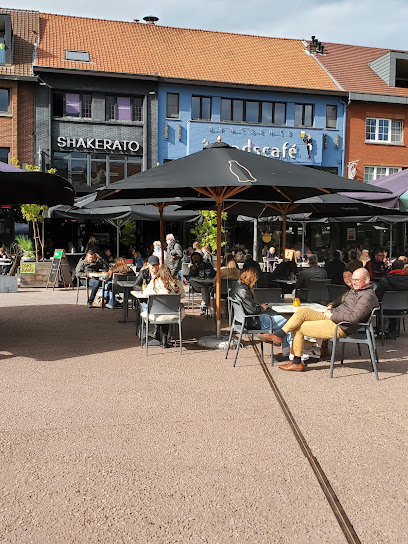
Thor Terrazza
Discover the lively ambiance and exceptional drink selection at Thor Terrazza, a must-visit bar in Genk, Belgium.
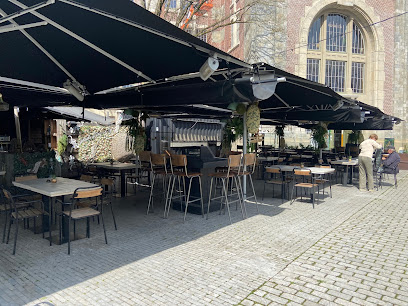
Camargue
Explore Café Camargue in Genk, a vibrant and affordable pub known for its friendly atmosphere and delightful drinks.
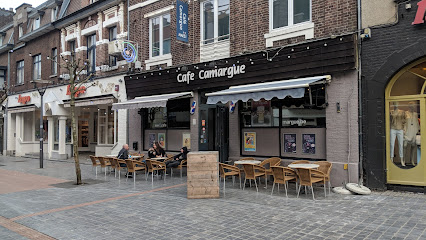
Bar-T
Discover the culinary delights of Bar-T in Genk, where brasserie meets gastropub in a warm and inviting atmosphere.
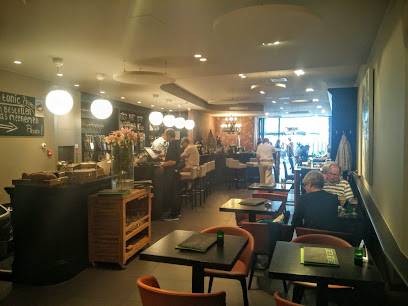
Roots
Experience the best cocktails and tapas in Genk at Roots, where vibrant flavors meet stylish ambiance for an unforgettable night out.
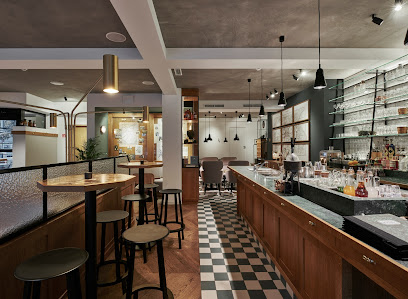
Lounge Barcode
Discover Genk's vibrant nightlife at Lounge Barcode, a premier cocktail bar known for its creative drinks and inviting atmosphere.
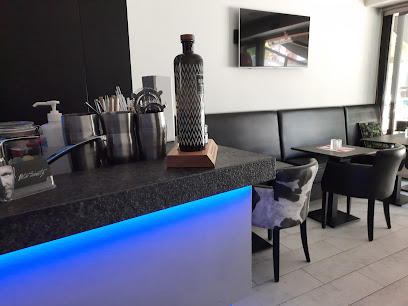
Plank 'n Drank
Experience the best of Belgian cuisine and local brews at Plank 'n Drank, a cozy gastropub in Genk, perfect for food lovers and travelers alike.
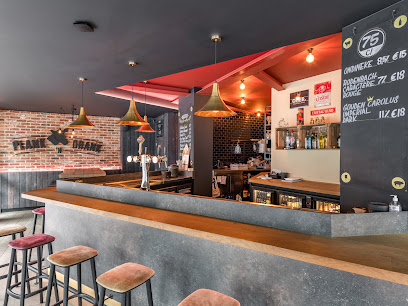
Blossom Lounge - Genk
Experience elegance and relaxation at Blossom Lounge in Genk, where stylish ambiance meets exquisite drinks for an unforgettable night.
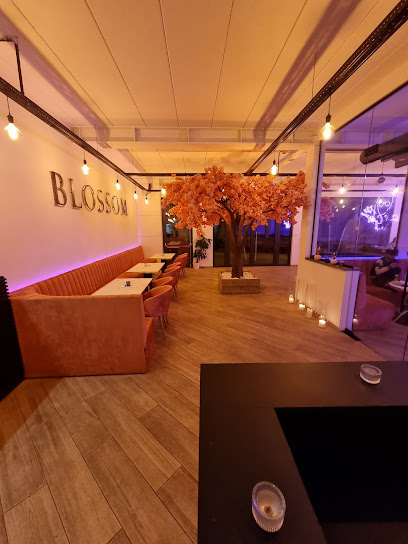
Roots Pub
Discover the lively ambiance and local brews at Roots Pub in Genk, a top choice for tourists seeking an authentic Belgian pub experience.
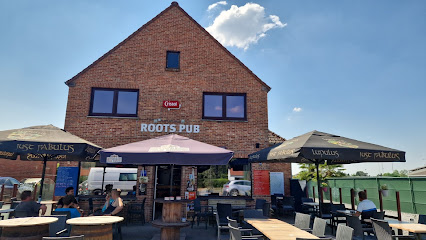
Robijn Wine&Food
Experience the fusion of exquisite wines and delightful dishes at Robijn Wine & Food in the heart of Genk, Belgium.
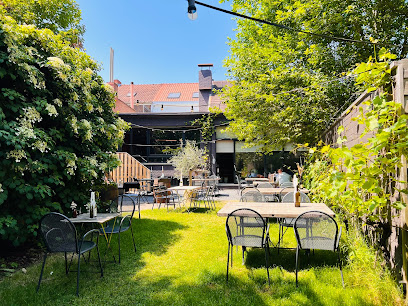
Moon Lounge
Discover the vibrant ambiance of Moon Lounge in Genk, where relaxation meets socializing in a stylish setting.
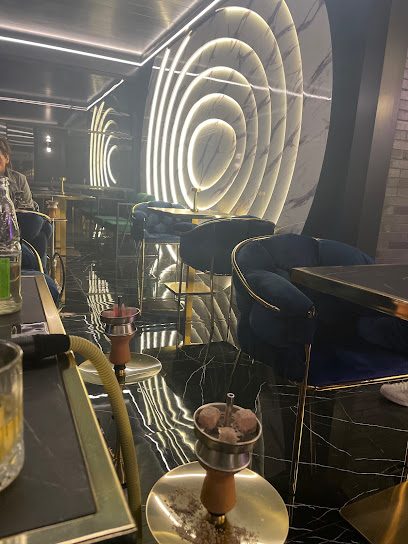
Taverne Metropole
Discover the heart of Genk at Taverne Metropole, where delightful drinks and a cozy atmosphere await every visitor.
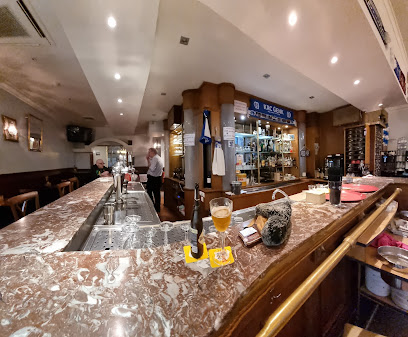
Boostbar
Experience the vibrant atmosphere of Boostbar in Genk, where tasty drinks and a lively crowd await you.
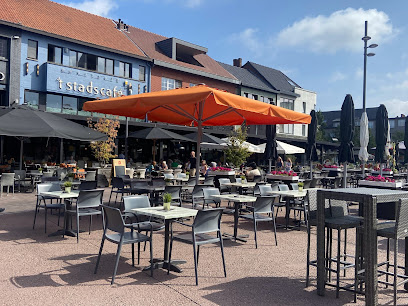
Local Phrases
-
- HelloHallo
[ha-loh] - GoodbyeTot ziens
[tot zeens] - YesJa
[yah] - NoNee
[nee] - Please/You're welcomeAlstublieft
[al-stu-bleeft] - Thank youDank u
[dank ooh] - Excuse me/SorrySorry
[so-ree] - How are you?Hoe gaat het met u?
[hoo gaat het met oo] - Fine. And you?Goed. En met u?
[khoot. en met oo] - Do you speak English?Spreekt u Engels?
[spreekt oo engels] - I don't understandIk begrijp het niet
[ik be-griep het neet]
- HelloHallo
-
- I'd like to see the menu, pleaseIk zou graag de menukaart zien, alstublieft
[ik zou khraakh duh meh-noo-kart zeen, al-stu-bleeft] - I don't eat meatIk eet geen vlees
[ik eet kheen vlays] - Cheers!Proost!
[prohst] - I would like to pay, pleaseIk zou graag willen betalen, alstublieft
[ik zou khraakh vil-len buh-talen, al-stu-bleeft]
- I'd like to see the menu, pleaseIk zou graag de menukaart zien, alstublieft
-
- Help!Help!
[help] - Go away!Ga weg!
[ga vekh] - Call the Police!Bel de politie!
[bel duh po-lee-see] - Call a doctor!Bel een dokter!
[bel ayn dohk-ter] - I'm lostIk ben verdwaald
[ik ben fer-dwaahld] - I'm illIk ben ziek
[ik ben ziek]
- Help!Help!
-
- I'd like to buy...Ik zou graag ... willen kopen
[ik zou khraakh ... vil-len koh-pen] - I'm just lookingIk ben gewoon aan het kijken
[ik ben khe-woon ahn het kee-ken] - How much is it?Hoeveel kost het?
[hoo-veel kost het] - That's too expensiveDat is te duur
[dat is tuh dyoor] - Can you lower the price?Kan u de prijs verlagen?
[kan oo duh prees ver-lah-ghen]
- I'd like to buy...Ik zou graag ... willen kopen
-
- What time is it?Hoe laat is het?
[hoo laht is het] - It's one o'clockHet is één uur
[het is ayn oor] - Half past (10)Half tien
[half teen] - MorningOchtend
[okhtend] - AfternoonNamiddag
[nah-mid-dahkh] - EveningAvond
[ah-vohnt] - YesterdayGisteren
[khis-tuh-ren] - TodayVandaag
[fahn-dahkh] - TomorrowMorgen
[mor-khen] - 1een
[ayn] - 2twee
[tweh] - 3drie
[dree] - 4vier
[veer] - 5vijf
[vayf] - 6zes
[zehs] - 7zeven
[zeh-ven] - 8acht
[ahkht] - 9negen
[nay-khen] - 10tien
[teen]
- What time is it?Hoe laat is het?
-
- Where's a/the...?Waar is een/de...?
[vahr is ayn/deh] - What's the address?Wat is het adres?
[vat is het ah-dres] - Can you show me (on the map)?Kan u mij tonen (op de kaart)?
[kan oo may toh-nen (op deh kahrt)] - When's the next (bus)?Wanneer is de volgende (bus)?
[ven-er is deh vol-hen-duh (bus)] - A ticket (to ....)Een ticket (naar ....)
[ayn ticket (nar ....)]
- Where's a/the...?Waar is een/de...?
History of Genk
-
Genk's history stretches back to prehistoric times with evidence of early human settlements. During the medieval period, it was a small, agrarian village centered around the St. Martin's Church. The church, which dates back to the 10th century, stands as a testament to Genk's long-standing religious and cultural heritage.
-
Genk's transformation began in the early 20th century with the discovery of coal. The establishment of coal mines like Winterslag, Waterschei, and Zwartberg turned the village into an industrial powerhouse. This era brought a significant influx of workers from various regions, contributing to Genk's diverse cultural tapestry today.
-
After World War II, Genk experienced economic growth driven by its booming coal industry. The city's population skyrocketed, leading to rapid urban development. The period also saw the establishment of the Ford Genk car assembly plant in 1963, which became a major employer and economic driver until its closure in 2014.
-
Genk's industrial growth attracted a wide array of immigrants, particularly from Southern and Eastern Europe, and later from Turkey and Morocco. This influx created a multicultural environment that is reflected in the city’s festivals, culinary offerings, and community life. The C-mine cultural center, located on the site of the former Winterslag coal mine, symbolizes this blend of industrial heritage and contemporary cultural expression.
-
Following the decline of the coal industry in the late 20th century, Genk reinvented itself as a hub of innovation and sustainability. The Thor Park, a business and science park on the site of the former Waterschei mine, exemplifies this shift. It focuses on clean energy, smart manufacturing, and technology-driven solutions, propelling Genk into a new era of sustainable development.
Genk Essentials
-
Genk is conveniently accessible by various modes of transportation. The closest international airport is Brussels Airport (BRU), located approximately 80 kilometers away. From the airport, you can take a direct train to Genk, which typically takes around 1.5 hours. Alternatively, you can rent a car or hire a taxi. For those traveling from within Belgium, Genk is well-connected by train, with regular services from major cities like Brussels, Antwerp, and Liège.
-
Genk offers a comprehensive public transportation system, including buses operated by De Lijn. The city is also bike-friendly, with numerous cycling paths. For longer distances or more flexibility, renting a car is a good option. Taxis are available but can be expensive. Many attractions within Genk are within walking distance, making it easy to explore the city on foot.
-
The official currency in Belgium is the Euro (EUR). Credit and debit cards are widely accepted in hotels, restaurants, and shops, but it is advisable to carry some cash, especially for smaller establishments and local markets. ATMs are plentiful throughout Genk, so withdrawing cash should not be an issue.
-
Genk is generally a safe city for tourists. However, like any destination, it is important to take standard precautions. Avoid poorly lit areas at night and keep an eye on your belongings, especially in crowded places like markets and public transport. High-crime areas specifically targeting tourists are not prevalent, but it's always best to stay vigilant.
-
In case of emergency, dial 112 for police, fire, or medical assistance. Genk has several medical facilities, including Ziekenhuis Oost-Limburg, which provides comprehensive medical services. Pharmacies are readily available for minor health issues. It is recommended to have travel insurance that covers medical emergencies.
-
Fashion: Do dress casually but neatly. Avoid overly revealing clothing. Religion: Do respect religious sites and traditions. Public Transport: Do validate your ticket before boarding. Don't be loud or disruptive. Greetings: Do greet people with a handshake. A simple 'hello' or 'bonjour' is appreciated. Eating & Drinking: Do try local dishes and drinks. Don't leave a tip, as it is usually included in the bill.
-
To experience Genk like a local, visit the C-mine cultural center, which offers a glimpse into the city's mining history. Enjoy a stroll or bike ride through the Hoge Kempen National Park. Engage with locals at the weekly market in the city center and try some regional specialties like Limburgse vlaai (a type of pie). Don’t miss the Bokrijk Open Air Museum, which showcases traditional Belgian life and crafts.
Trending Landmark in Genk
-
Bokrijk Open Air Museum
-
National Park Hoge Kempen
-
C-mine bezoekersonthaal
-
Cycling through water - Bokrijk
-
Arboretum Bokrijk
-
LABIOMISTA
-
Kattevennen Genk: Toegangspoort Hoge Kempen
-
Escape Room - Time's Up Genk
-
Bunker specialty koffiebar -natuurwijnen & geuze
-
Molenvijverpark
-
Natuurgebied Schemmersberg
-
Sint-Martinuskerk
-
Oude Stad
-
Mijndepot
-
BIF GENK - Genk Millî Görüş
Nearby Cities to Genk
-
Things To Do in Hasselt
-
Things To Do in Maastricht
-
Things To Do in Liege
-
Things To Do in Aachen
-
Things To Do in Eindhoven
-
Things To Do in Leuven
-
Things To Do in Spa
-
Things To Do in Durbuy
-
Things To Do in Louvain-la-Neuve
-
Things To Do in Namur
-
Things To Do in Mechelen
-
Things To Do in Brussels
-
Things To Do in Antwerp
-
Things To Do in La Roche-en-Ardenne
-
Things To Do in Dinant










